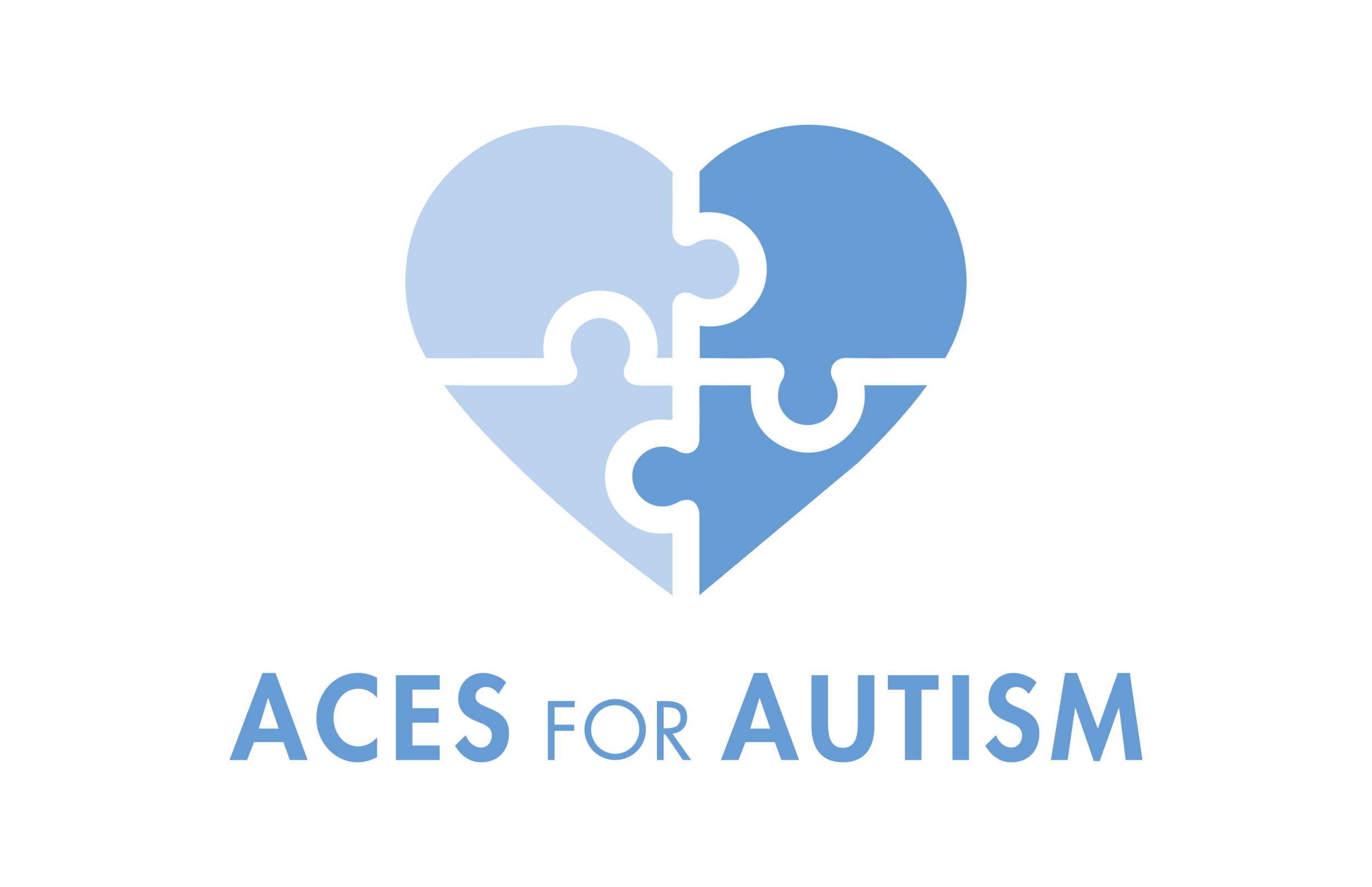ABOUT US
Aces for Autism was founded through what God has and is doing in the life of Samuel Robinson. Aces was formed in 2014 after individuals in Kyle and Bobbie’s church small group and business members in the community approached the Robinson’s about doing a fundraiser for Samuel. Samuel was diagnosed with moderate to severe autism when he was eighteen months old. Bobbie and Samuel would drive to Winston Salem, NC each Sunday afternoon and spend the weekdays at ABC of NC Child Developmental Center for Autism until returning home on Friday afternoons to spend the weekends back with Kyle. God laid on Kyle and Bobbie’s heart, instead of doing a fundraiser for Samuel, to start a non-profit ministry in eastern North Carolina to serve individuals and families impacted by autism.
Each night Kyle and Bobbie prayed over Samuel and asked for God’s healing. God has and is continuing to answer Kyle and Bobbie’s prayers, but in a completely different way than they expected. God has used Samuel’s story to impact others living with autism by helping pass state laws which has provided individuals access to doctor recommended therapies.
Families are now experiencing God’s love through Samuel and the Aces staff who each day pour out their heart and soul into the families we serve.
Autism impacts not only the individual but the family as a whole. The divorce rate is 2 times greater for parents raising a child with autism. In addition, research has shown that parents and caregivers are more likely to turn to alcohol or substance abuse as a way to cope with a child on the spectrum. Our goal with each and every family that Aces for Autism serves is that they find hope through God’s power and love.
“My grace is sufficient for you, for my power is made perfect in weakness.”
Kyle and Bobbie’s prayer is for God to use Aces for Autism each and every day so that individuals and families realize their lives have purpose and through God’s power he can use anyone to do great things.
ABOUT AUTISM
Understanding Autism
Autism Spectrum Disorder (ASD) is a neurodevelopmental disorder associated with impairments in communication and social interactions. Signs of autism may be visible in infancy (18-24 months), but usually become clearer around 2-6 years old. Autism is described as being a spectrum disorder and can vary in its severity. Some people display mild characteristics, while others are affected more severely. People with autism are often very intelligent, creative, and unique. According to Autism Speaks, individuals with autism often excel in math, art, music and the use of visual skills. Aces for Autism provides a number of different services to individuals and families who are affected by ASD.
Strengths of Autism
Live in the moment
Offer unique perspectives
Intelligence and perseverance
Creative
Honest
Non-judgmental
Not tied to social expectations
Difficulties of Autism
Resistance to be held or cuddled
Little to no eye contact
Difficulties in understand other’s feelings
Difficulties socializing with peers
Excessive interest in one or two topics
Unaware/Uninterested in what is going on around them
Resistance to change
Sensory issues
Atypical eating habits
Sleeping problems
Self-Injurious behaviors (e.g., biting, scratching, head banging)
Aggressive behaviors
Some behaviors associated with autism
repetitive behaviors
limited or no eye contact
delayed learning in language/communication
limited and intense interests
motor skills deficits
engaging in problem behavior
Causes of Autism
Although there currently is not a consensus on the cause(s) of ASD, there is research available that points to links to autism. The overall research indicates that autism may be caused by a combination of genetic and environmental factors. For example, Autism Speaks suggests that women who eat a diet rich in folic acid (at least 600 mcg a day) before and after the time of conception reduce their risk of having a child with autism. Some factors that may increase the chances of having a child with autism include, age of parents during conception, maternal sickness during pregnancy, and birth difficulties involving lack of oxygen to the baby. Vaccinations have not been scientifically linked to being a cause of autism.
Treatment for Autism
While there is no medical cure for autism, early intervention treatment can make a significant difference in the short and long term success of individuals diagnosed with ASD. Intensive behavior interventions (e.g., applied behavior analysis (ABA)), along with speech, physical, and occupational therapies are often used in the treatment for symptoms of ASD. Treatments can take place in a person’s home, school, community, or center. Effective treatments are comprehensive; that is, treatment should involve the individual’s family and team of professionals/therapists. Additionally, some physicians may recommend medication treatments for more severe symptoms of autism. Talk to your doctor or contact us for more information about treatment options. Aces for Autism provides a number of different services to individuals and families who are affected by ASD.

